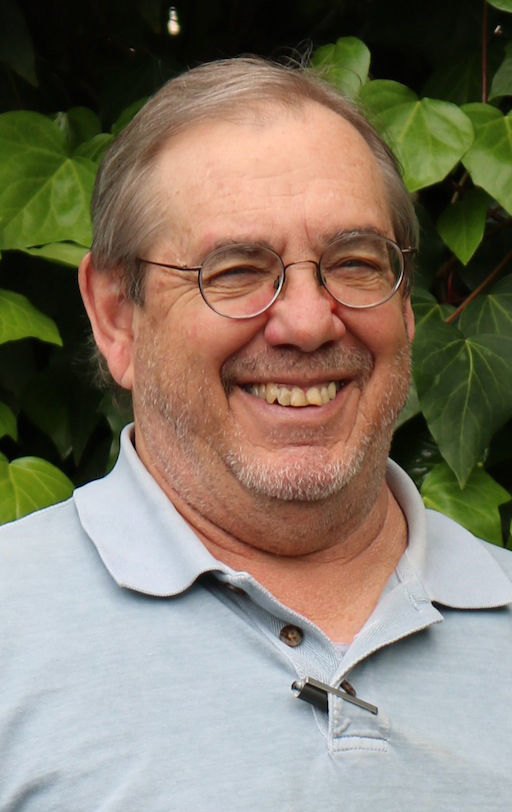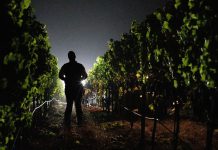This is National Sunshine Week (March 14-20) when news organizations and journalists ask their public to join them in saluting the essential role their profession plays in keeping government business and official records open and available to everyone. Sunshine refers to the open light and transparency that serves as the best disinfectant against corrupt or secret governments and shady elected officials. Wherever we might find governments operating in the darkness of secrecy and no transparency, we will find a dying democracy.
This week is also the one-year mark of the COVID-19 pandemic and economic shutdowns that has made all our jobs tougher. For journalists during this pandemic, there has been a special set of new challenges to keep the public informed about the actions, decisions and spending of their local governments. Who knew that so much of keeping local elected officials honest relied on the Zoom skills and digital attention spans of journalists?
With all public meetings now literally held behind closed and isolated doors with only a video feed available, this makes working journalists only as effective as their computer’s camera can support. The doors to our city halls and county administration center are now closed, not just to journalists, but also to all the public. For a long period of time last year, even our courtrooms were closed and big backlogs of cases piled up. (Limited cases, including some jury trials, are now being scheduled.)
During the COVID-19 pandemic increased numbers of the public have turned to our news outlets seeking information and reports on what’s happening behind all those closed government doors. Our website page views and daily visitor numbers are as high as they’ve ever been. At the same time our advertising revenues have plummeted just when we could use all the resources we might attract. Although journalists were declared “essential workers” at the beginning of the pandemic, no “essential” revenue came attached to the assignment.
Through all of this, we have not shut down or given up. We are reminded daily by our readers’ comments, reading patterns and social media clicks that we are considered an essential source and vital community service. While most of our news is now delivered digitally, journalists still remain a critical conduit for the public to follow government actions and find out how they might learn more through public records that journalists collect and share.
This week, we are hosting a virtual panel of distinguished investigative journalists to share some behind-the-scenes news gathering tips and tools and let the public know what role they also must play in keeping elected officials honest and governments clean and transparent. The Zoom session is being hosted by Sonoma County Local News Initiative and is taking place Thursday, March 18 from 5-6 p.m. (Visit www.sonomawest.com for meeting registration links and panelist bios. The session is free. The session is also being recorded and will available via The Healdsburg Tribune YouTube channel.)
Keeping enough sunshine shining on our government can seem mundane when a local journalist is reporting on a small budget item or a daily COVID-19 public health update. But accurate and well-reported facts matter and they are not measured by their size, but only by their completeness, timeliness and reliability.
Readers and news audience members have a responsibility, too. Journalists can dedicate themselves to 24/7 news beat coverage and provide comprehensive coverage of the local news and government actions. But if too few members of the public read and use the news then no amount of sunshine will be enough. By example, the insurrectionists of our nation’s Capitol on Jan. 6 would never be mistaken for sunshine enthusiasts.









